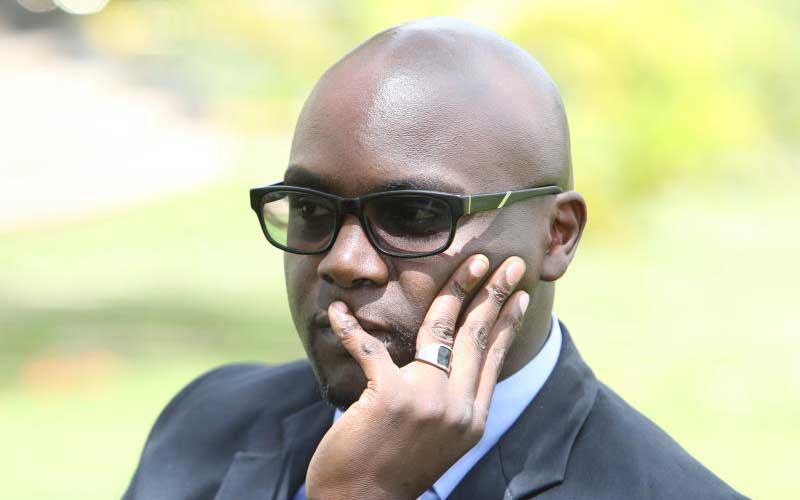Atheists in Kenya (AIK) want the government to declare February 17 a national holiday to ‘end the social disadvantage that atheists continue facing in Kenya’.
In August 2018, the group made a similar request, saying it needed the day to “preach” its belief that God does not exist.
The group said it settled on the date because that was when it was registered as a society in Kenya in 2016.
“We will use the day to show our lack of faith in gods, by holding godless parades in counties and increase awareness on atheism in Kenya,” AIK’s vice president Daisy Siongok said in a statement, quoting the Constitution.
The group’s president Harrison Mumia says the reawakened drive follows the decision by Interior CS Fred Matiang’i’s gazetting of August 12 as a public holiday to mark Eid-Ul-Adha, the Islamic festival of sacrifice.
“The declaration amounts to religious privilege that dominant religions in Kenya (Christians and Muslims) have enjoyed since independence,” Mumia said.
He accused the government of treating the two as the de facto religions and implored the State to create an environment of acceptability for atheists.
“As it stands today, atheists are considered an underclass in this country, yet our Constitution protects freedom of belief and conscience,” Mumia added.
AIK was registered as a society on February 17, 2016 (Societies Act, Cap 108) which grants freedom of conscience.
It was suspended following opposition from the clergy until legal questions around the legitimacy of the group are addressed.
While a 2013 study by the Kenya National Bureau of Statistics says two per cent of Kenyans (around one million people) are non-believers, the group maintains the number could go as high as five per cent.
According to the report, Protestant Christians lead the pack at 45 per cent, Roman Catholics follow at 33 per cent, Muslims (10), Hindus and other religions (10).
The Standard


